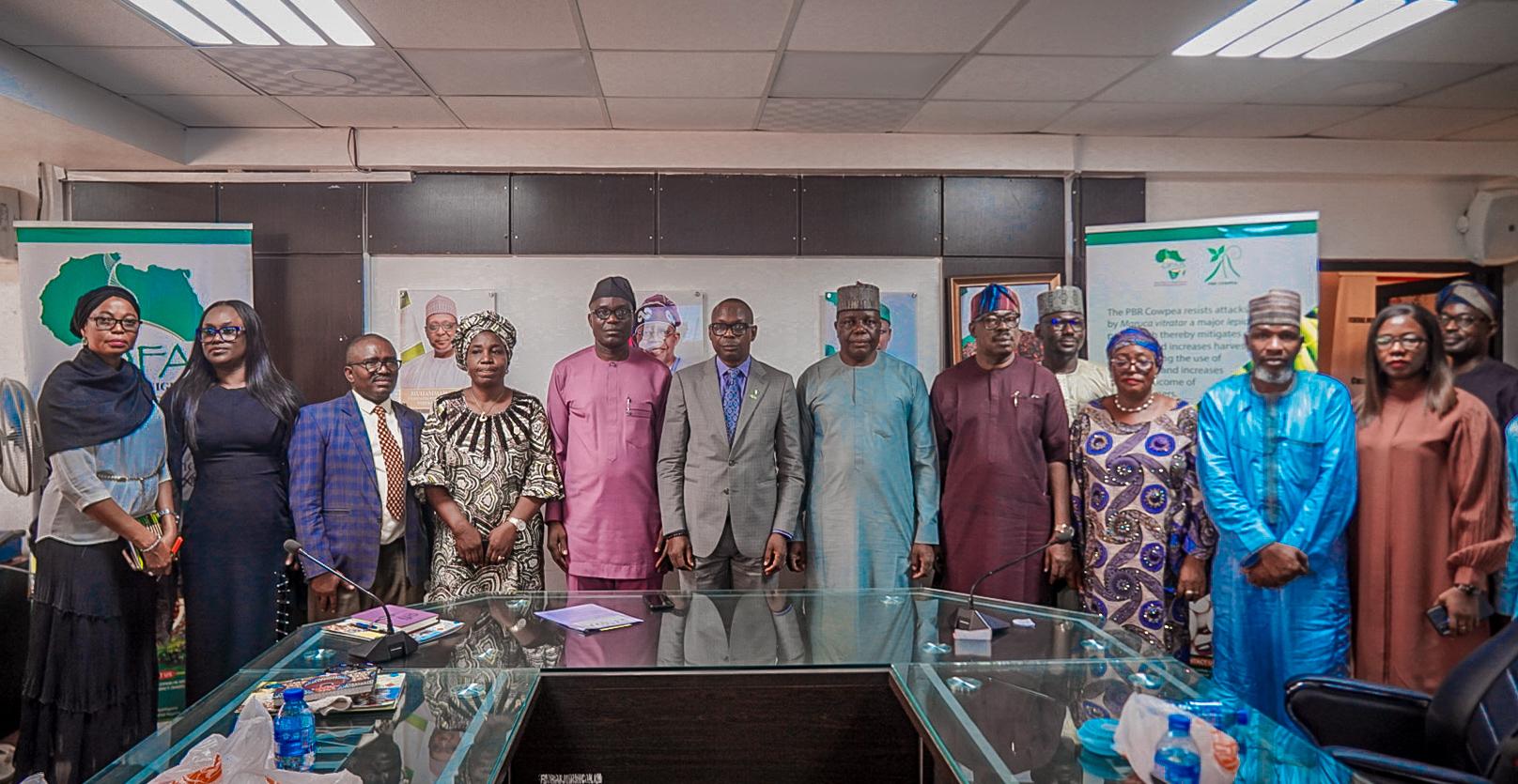Ajaokuta Steel Plant: FG Seals Landmark Deal for Local Military Hardware Production

By Fatima Saka
In a historic move to strengthen Nigeria’s defence capabilities and boost local industrialisation, the Federal Ministry of Steel Development and the Federal Ministry of Defence have signed a Memorandum of Understanding (MoU) for the production of military hardware at the Ajaokuta Steel Company.
According to a press statement signed by Tine-Iulun M.A, anipr, Assistant Director, for the Head of Information and Public Relations, the agreement was sealed on Monday, November 10, 2025, at the Ministry of Defence Headquarters, Abuja.

Two separate MoUs were executed — one between the Federal Ministries of Steel Development and Defence, and another between the Defence Industries Corporation of Nigeria (DICON) and the Ajaokuta Steel Company Limited (ASCL).
Speaking at the ceremony, Prince Audu described the initiative as “a bold step toward Nigeria’s self-reliance in defence production.” He emphasized that the partnership will enable the domestic production of armored vehicles, weapons, helmets, and other critical defense materials, adding that it would significantly enhance the nation’s security infrastructure while unlocking Ajaokuta’s long-awaited industrial potential.
> “This collaboration demonstrates our resolve to harness Ajaokuta’s steel capacity for national security and economic progress,” Audu said. “It will not only fortify our defense industry but also contribute immensely to job creation and technology transfer.”
On his part, Dr. Bello Matawalle lauded the partnership as “timely and strategic,” noting that it aligns with the Federal Government’s commitment to advancing both national security and economic development.
> “This MoU is unique because it covers two critical national priorities — defense and industrial growth,” Matawalle stated.
Also speaking, the Director General of DICON, Major General Babatunde Ibrahim Alaya, said the agreement signifies an enduring commitment to building local capacity in defense-related manufacturing, creating employment, and reducing dependence on foreign military imports.
Both ministries expressed optimism that the collaboration would lay a sustainable foundation for future defence-industrial partnerships and accelerate Nigeria’s broader industrialisation drive.





